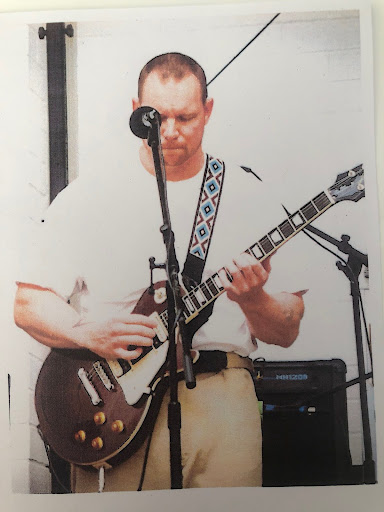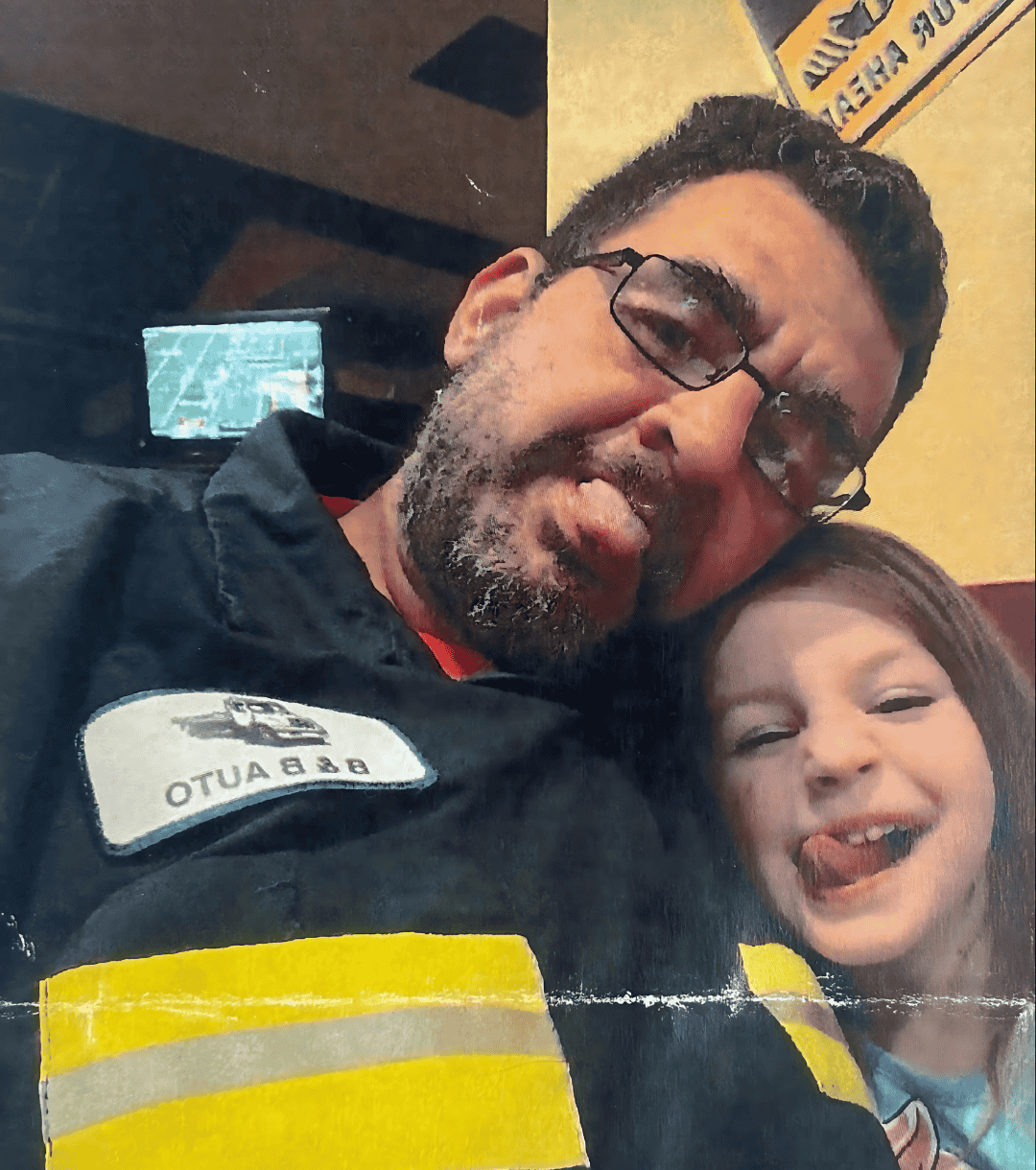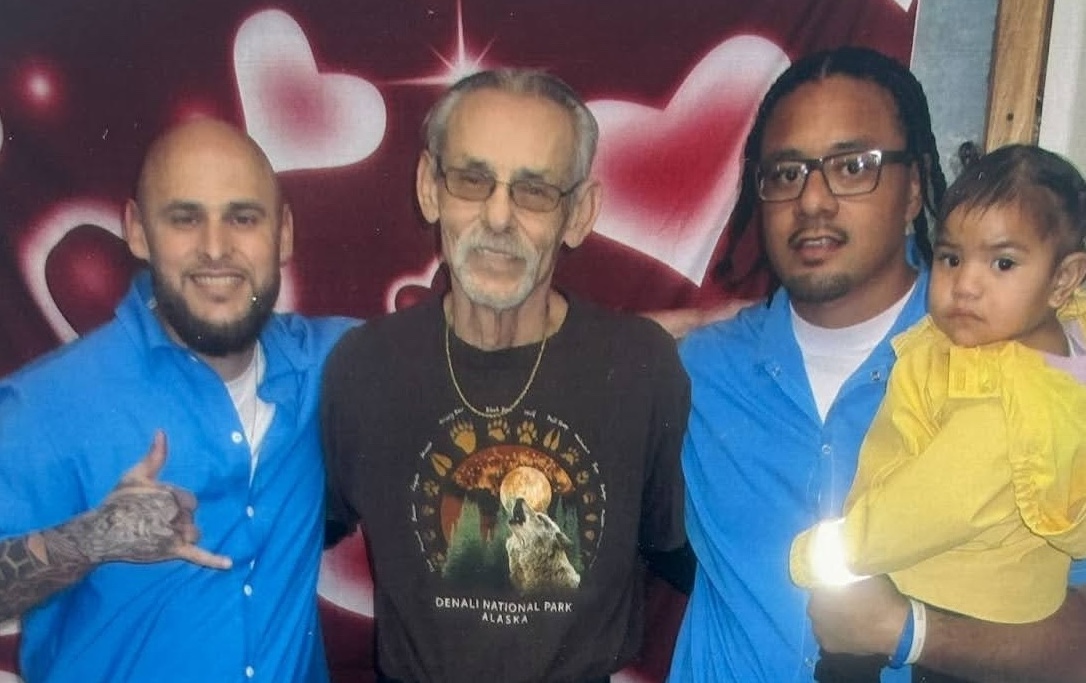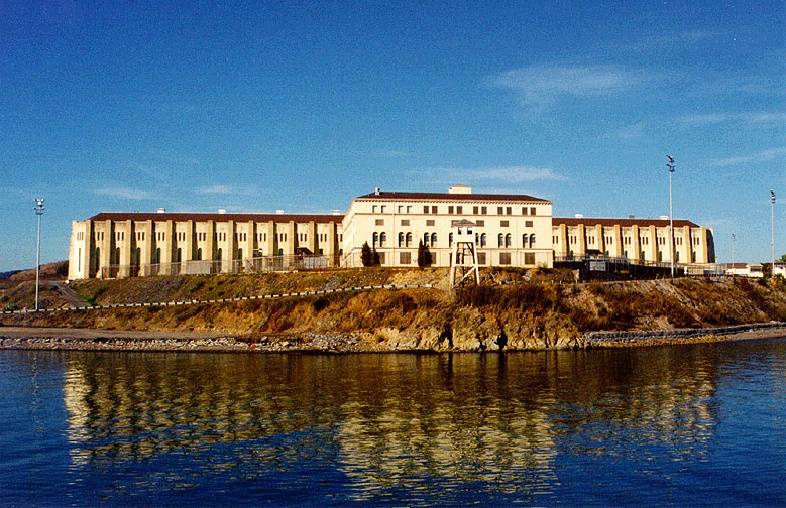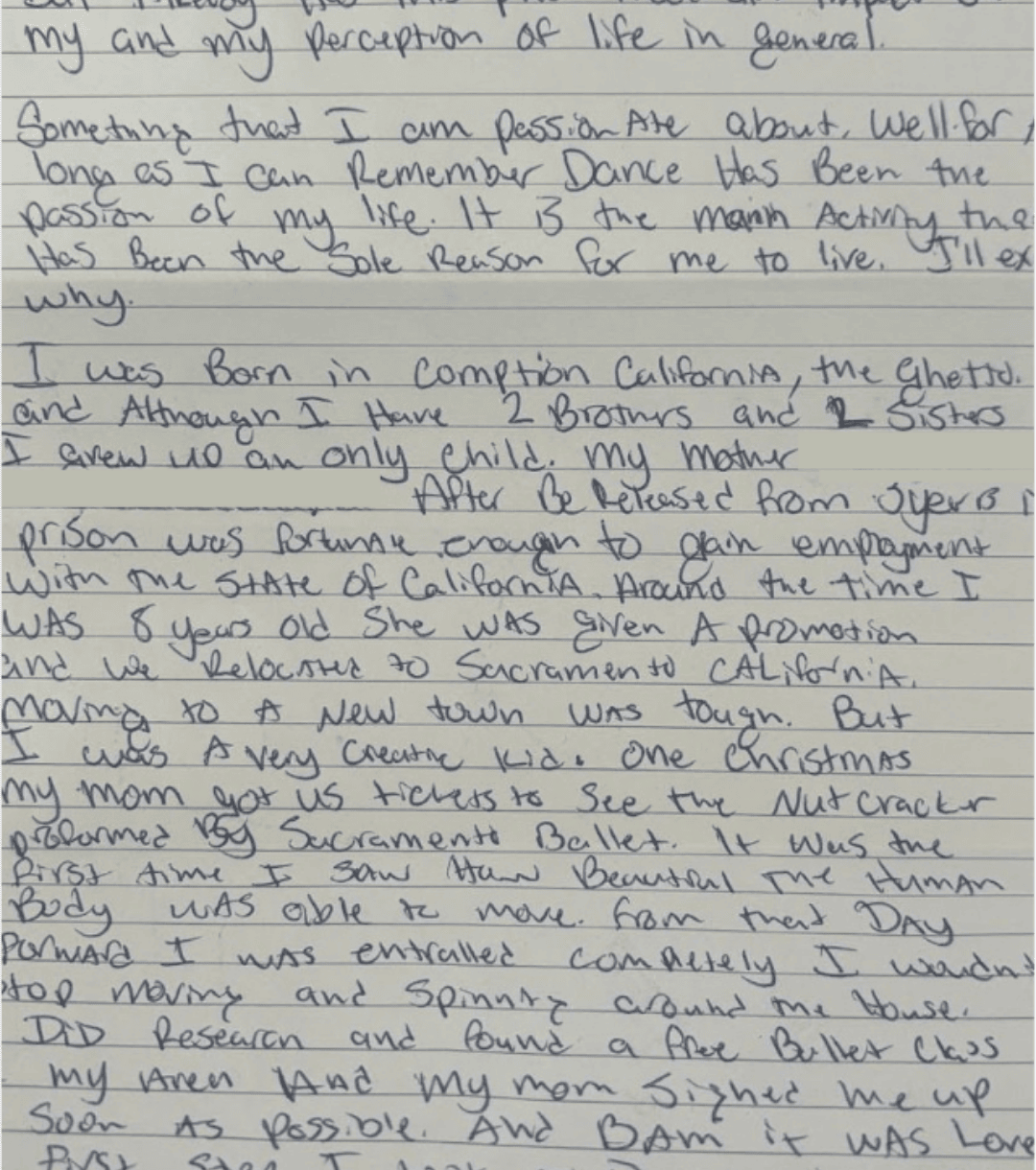When he stopped I was prepared for the worst. The guard says, “I didn’t know you played guitar.” I exclaimed, “Neither did I,” and we both had a laugh. This wouldn’t be the last humanizing moment paying guitar brought, nor the last time music broke barriers in my life. I treated learning like a fulltime job. I played every moment I could.
I want to play my guitar. I hear of places like Austin and Memphis, filled with dimly lit, seedy jazz and blues clubs – the echoes of great music soaked in the wood and rafters. I want to stand where greater musicians have plucked strings and had the approval from strangers. I crave that stage. I have something to say – even if I don’t always have the words – I can bend the note, I can make it sing, but there is nothing diatonic about how I found my music. Like many, I always “wanted to learn guitar” and just “never got around to it.” I remember the moment when desire turned to decision and my life changed forever. I was 32 years old. It was 2012 and I was sitting in my cell in Walla Walla. PBS was showing the Joe Bonamassa concert. I thought to myself, “I want to be like him when I grow up.” A kind of joke for a near middle aged man. Still, I knew this was my vibe, he had something I was missing, and that something needed to get out. Getting a guitar was my first obstacle. I had a job in the prison making signs for the community; I saved my money for months. I got a little Epiphone Special II, color – heritage cherry sunburst. Honestly, it was horrendous. Probably what I get for telling the company to send me whatever color they had. Still, I was proud of that guitar. The humanizing effect of music started for me right away. One day after I got the guitar, a guard stopped at my cell. I had tablature of some song taped to my wall; I’m squinting trying to make sense of it all. I looked startled. Here is this guard in my window – a real hard ass, the kind that says nothing to prisoners unless he is barking an order. When he stopped I was prepared for the worst. The guard says, “I didn’t know you played guitar.” I exclaimed, “Neither did I,” and we both had a laugh. This wouldn’t be the last humanizing moment paying guitar brought, nor the last time music broke barriers in my life.
I treated learning like a fulltime job. I played every moment I could. I bought books, learning CDs, anything I could to improve. I wish I could say it came easy. It did not. Have you heard of people playing until their fingers bled? That was me. Six hours of straight practice will do that. But battling through the pain and frustration was a good outlet for me. I found freedom in the notes and a sense of accomplishment as my capabilities increased.
When I became good enough to construct songs they flowed right out of me. I’m now 42 years old and have written a lot of songs. I wrote a song for my son titled Outlaw Man wherein I caution him, “Don’t be the man my father was, running and shooting guns and drugs -ya just like – like I’ve done… overcome the gene – of the outlaw man.” Many of my songs serve to tell my stories and help me work through the broken pieces of my life. I found songwriting very therapeutic. It turns out that music was the outlet that I needed since I was a child. It is a hell of a thing to realize in your thirties you have a talent that – if cultivated earlier – would have changed the trajectory of your life. The cliché “better late than never” comes to mind here. I know there are youth today with untapped talent, hard lives of their own, and unmet needs for outlets of expression. Another cliché I connect with, “music calms the savage beast.” Music did more for me internally than any of the prison programs or classes I took. Through learning guitar I have become less violent and less impulsive. Because of music I share joy and connection with all kinds of people in prison – people I might not have spoken to otherwise. I found that music in prison lets people see past the barriers that divide us. When the music feels good, there are no guards and prisoners; there are no blacks or whites; there is no Other of any kind. There is only the beat, the rhythm, and harmony, Well, unless you miss a note. But even side-eyes from band mates after misplaced notes in practice is a form of growing together often unavailable in other venues of prison. During my time inside, I outgrew the need for my confinement. Music is a huge reason why that growth was possible. Now, I just want to leave this prison – I want to share my music and my experience with the world. I don’t aspire to be famous – rather, only present. I want to be there; on the scene; learning and sharing with other good musicians; entertaining in some smoke filled blues or jazz club. Where there is this community of good people with open hearts and good rhythm – that is where I belong. I just want to play my guitar.

